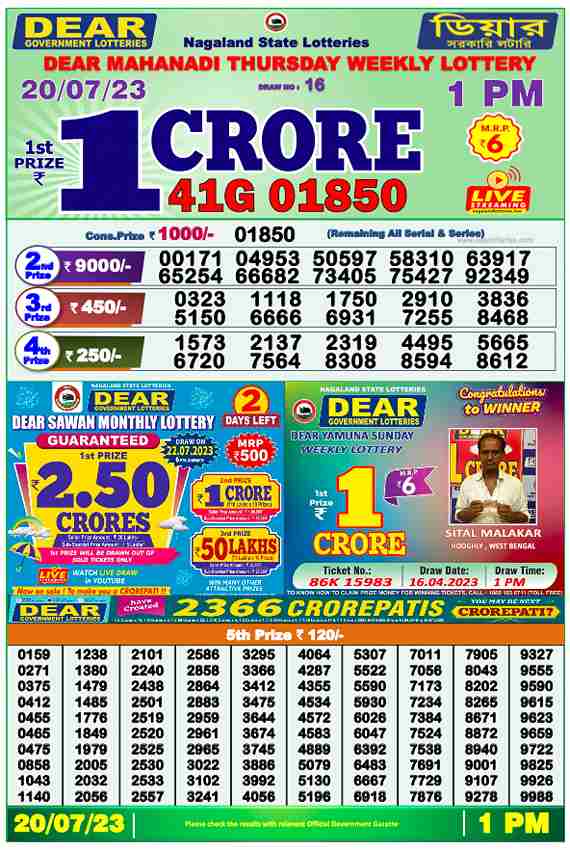
The lottery is a game of chance in which people buy numbered tickets and winners are chosen by a random process. Some numbers are drawn more often than others, but this is a matter of chance and does not necessarily mean that any particular number has a higher or lower chance of being selected. In fact, it is possible to mathematically prove that the lottery is unbiased.
Some people play the lottery because they like to gamble. They’ve heard all about the mega-sized jackpots and can’t resist the urge to purchase a ticket. This is a very natural human response to the promise of instant riches. However, there is a lot more going on with the lottery than just this inextricable human impulse. Lotteries are dangling the carrot of instant wealth in an age of inequality and limited social mobility.
The practice of distributing property by lottery dates back to ancient times. It is mentioned in the Bible, and Roman emperors used lotteries to give away slaves and properties during Saturnalian feasts. The first modern lotteries began in the Low Countries in the 15th century and were used to raise money for town fortifications, and to help poor citizens.
In recent years, the popularity of the lottery has increased significantly, largely due to media coverage of large jackpots and stories of people who have become millionaires by winning the lottery. While there are some risks associated with the lottery, such as addiction and mental health problems, it is still a popular form of gambling among many Americans.
There are a few things that you can do to increase your chances of winning the lottery. The most important is to choose your numbers wisely. Try to avoid numbers that are close together or have sentimental value, like those from your birth date or other events in your life. Also, try to avoid picking numbers that are too common or those that end with the same digit.
Another tip is to buy as many tickets as you can afford. Buying more tickets gives you the best chances of hitting the jackpot. You can even consider joining a lottery group with friends or family members to split the cost of purchasing tickets. You can also use a software program to determine which numbers are the most likely to be chosen.
When it comes to the prize money, it’s important to know that a majority of the winners will need to pay taxes. This can take a significant chunk of the jackpot, so you should be prepared for this. If you are not prepared, it may be a good idea to hire a tax lawyer.
It’s also important to make a budget for how you will spend your winnings. Some of the most successful lottery winners are those who plan carefully for how they will invest their money. This will ensure that they can maintain their lifestyle after taxes and other expenses. They can also put some of their winnings toward paying off debt or setting up an emergency fund.